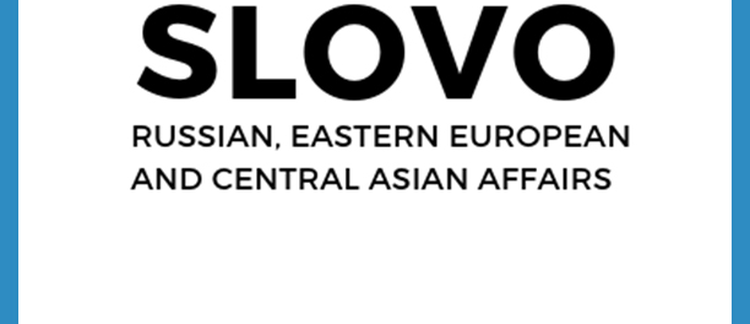Abstract
To download this paper, please click here.
In the last two decades the major world military powers (the US, the UK/Commonwealth, and Russia) have all been embroiled in long-running asymmetrical conflicts against insurgent or terrorist forces that have proven to be difficult to resolve and increasingly unpopular at home. The fact that these wars are being fought largely by volunteer, contract, or mercenary soldiers has only widened the divide between the military and civilians. In response to this, the literature emerging from these recent conflicts tends to be fragmented, impressionistic, and highly emotional, as veterans try to convey their inner experiences to what they often perceive as an uncaring or hostile audience, while also exploring the experiences of the Other. This article provides a close reading of Arkady Babchenko’s One Soldier’s War, a collection of stories about his two tours of duty in Chechnya, as an early example of this new trend in war literature, and discusses its fragmented structure, its subversion of the clichés of the war genre, and its attempts to set combat veterans apart from the rest of the populace while simultaneously depicting the war and its horrors in vivid detail. We conclude with a brief discussion of the struggle to share the truth and reintegrate back into civilian society that veterans experience, and how this is manifested in literature.
How to Cite:
Stinson, L., (2018) “One Soldier’s War and the New Literary War Hero”, Slovo 31(1), 2-17. doi: https://doi.org/10.14324/111.0954-6839.072
Downloads:
Download PDF
View PDF
568 Views
109 Downloads

